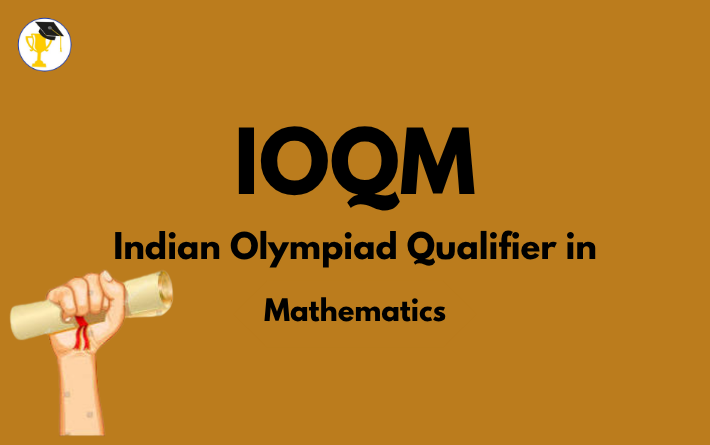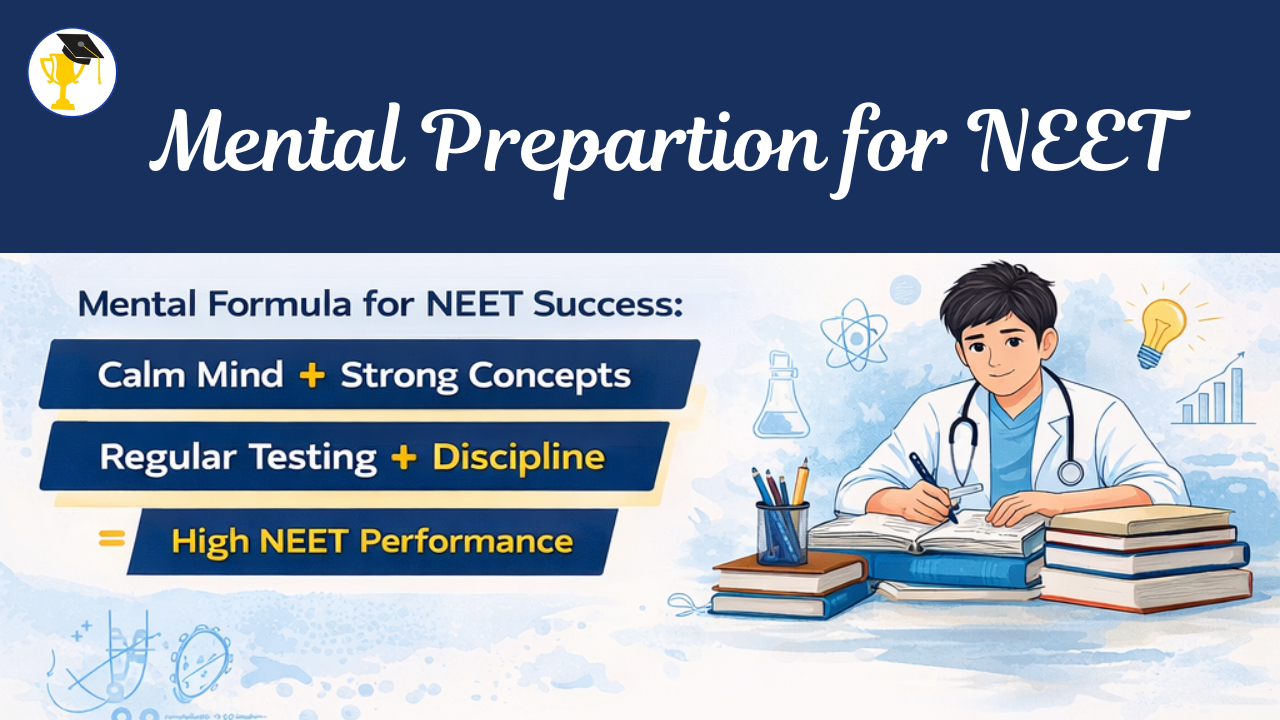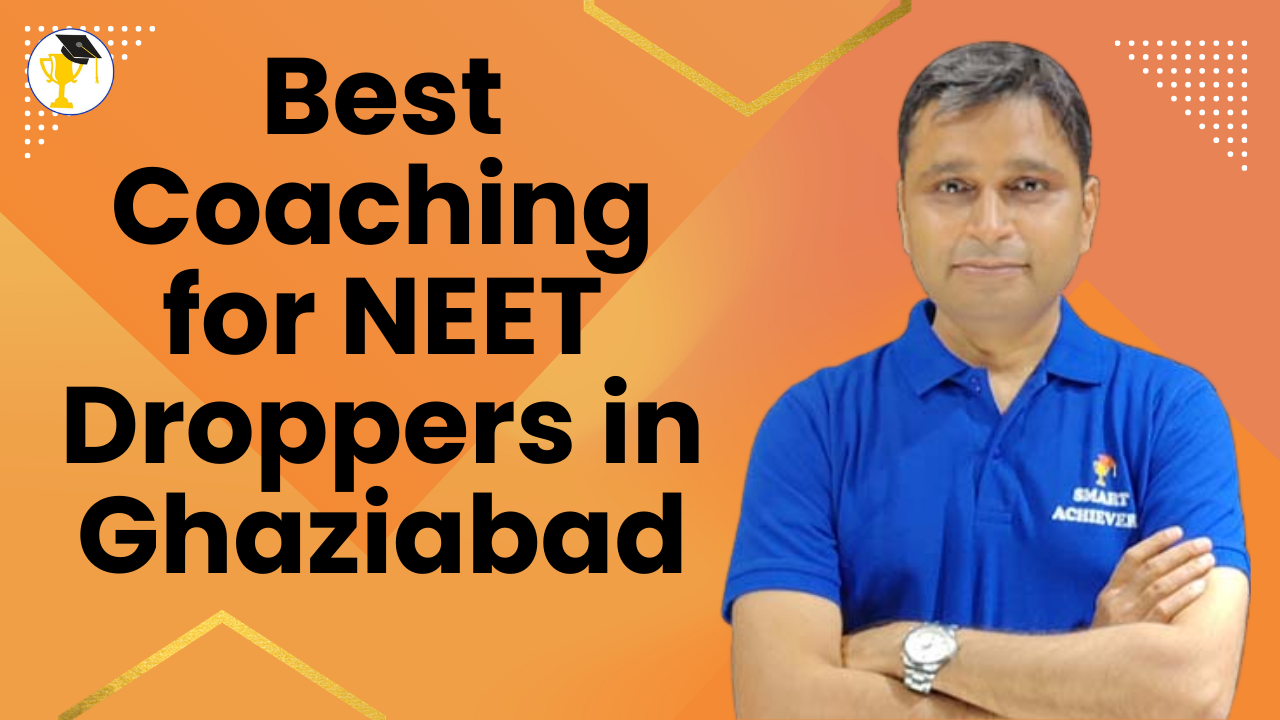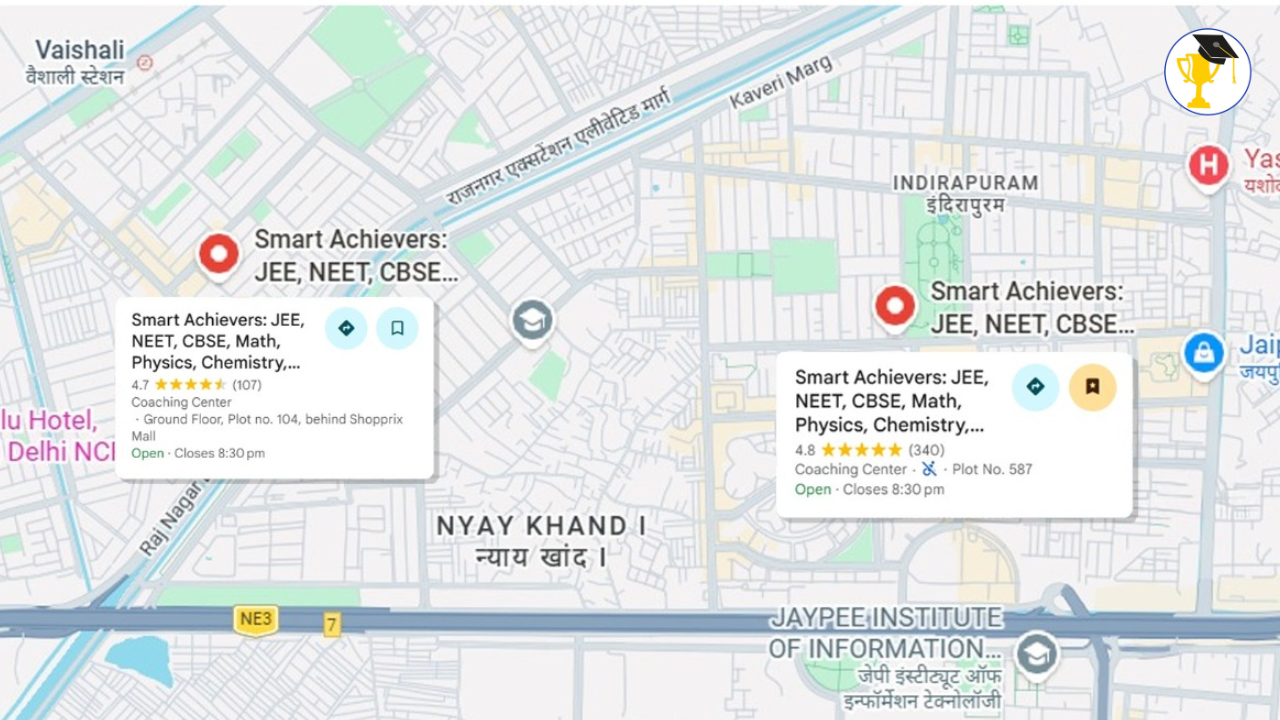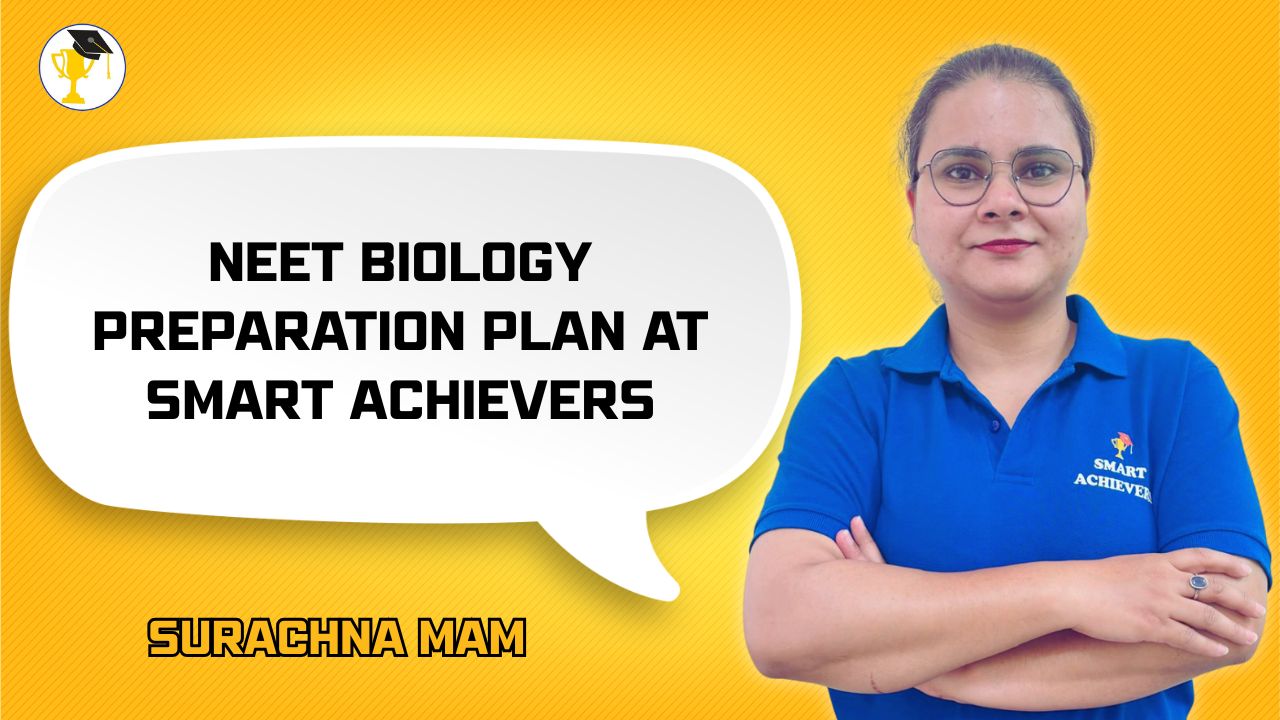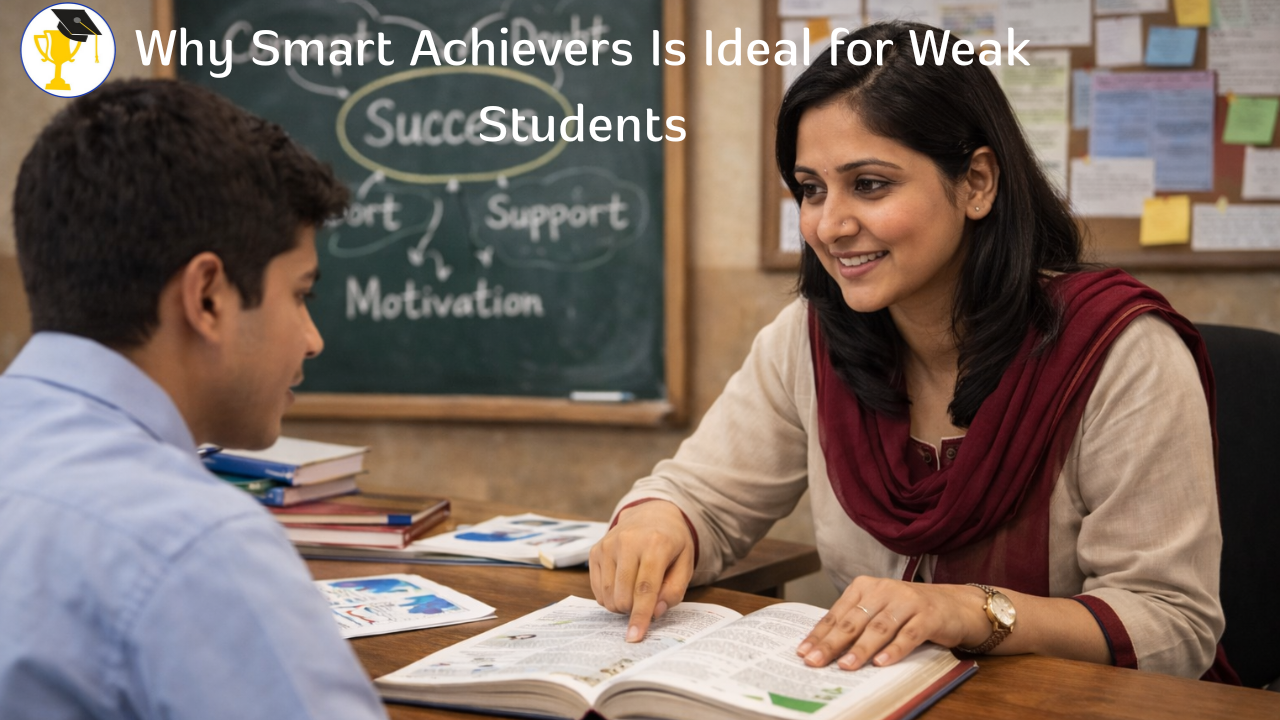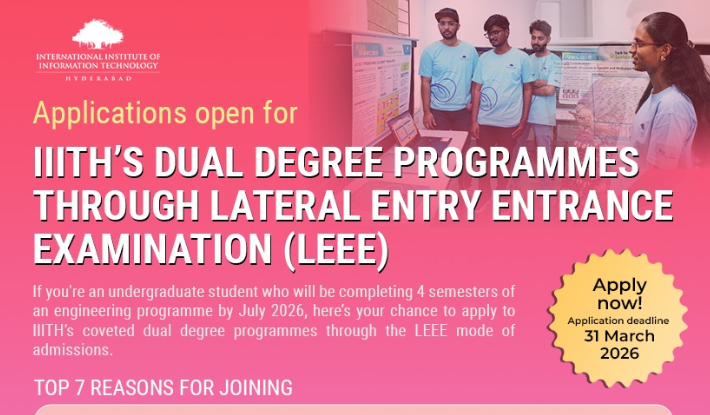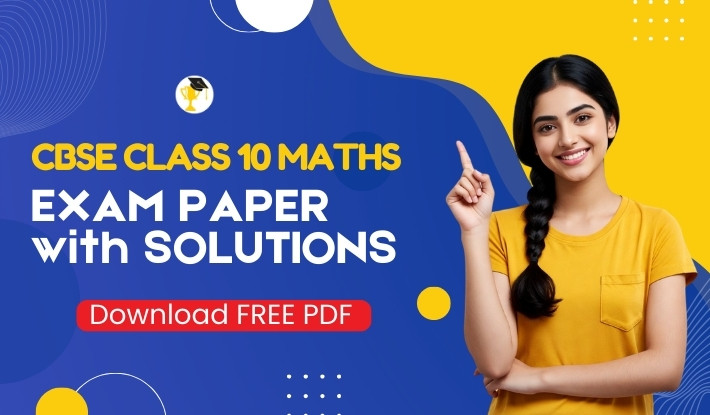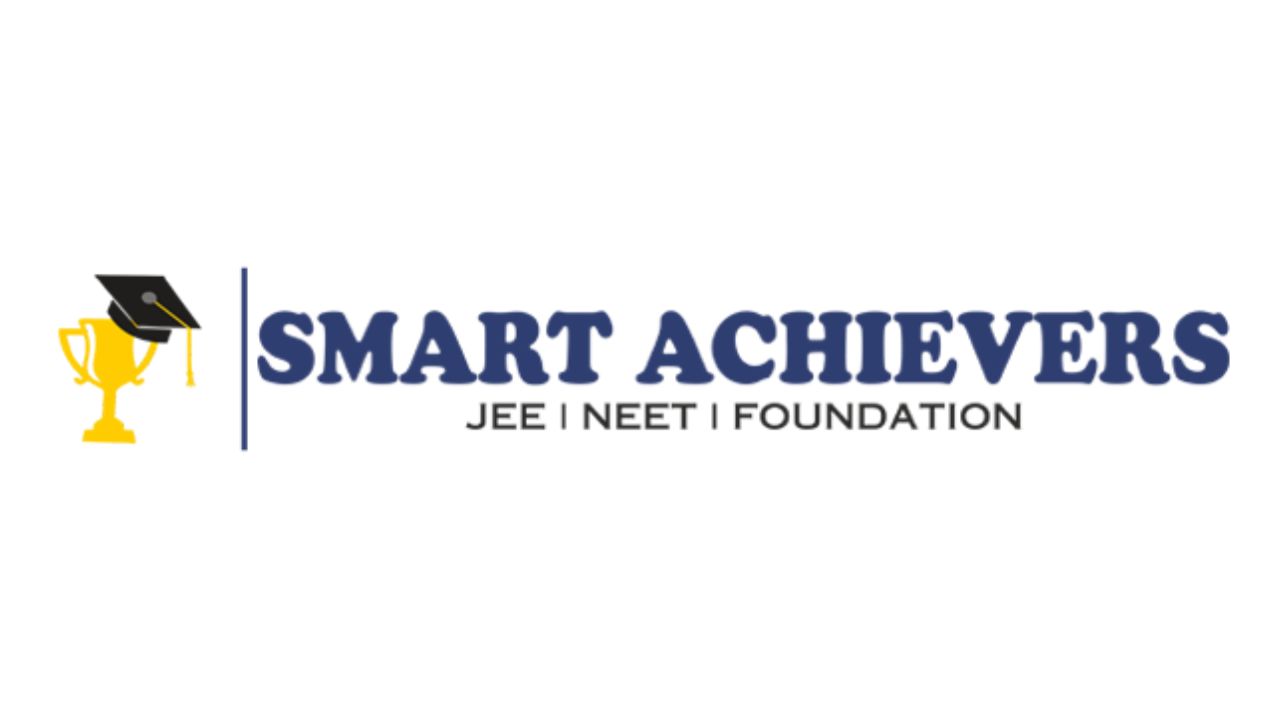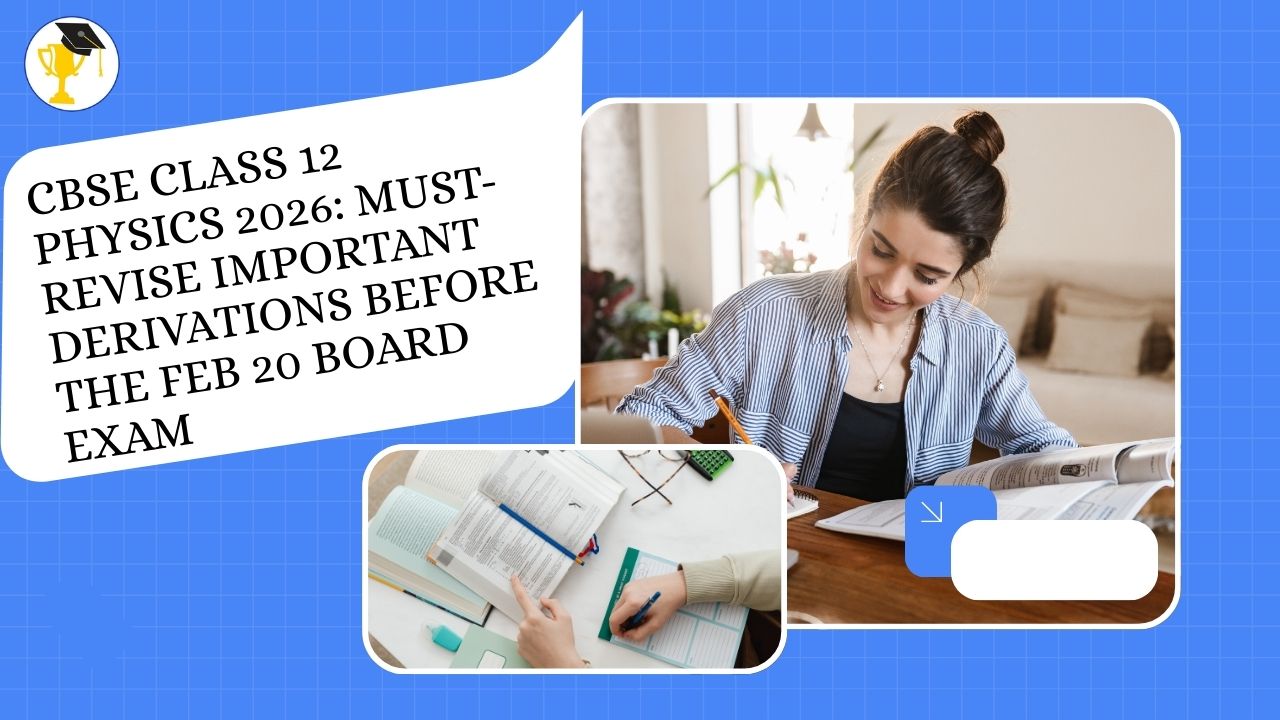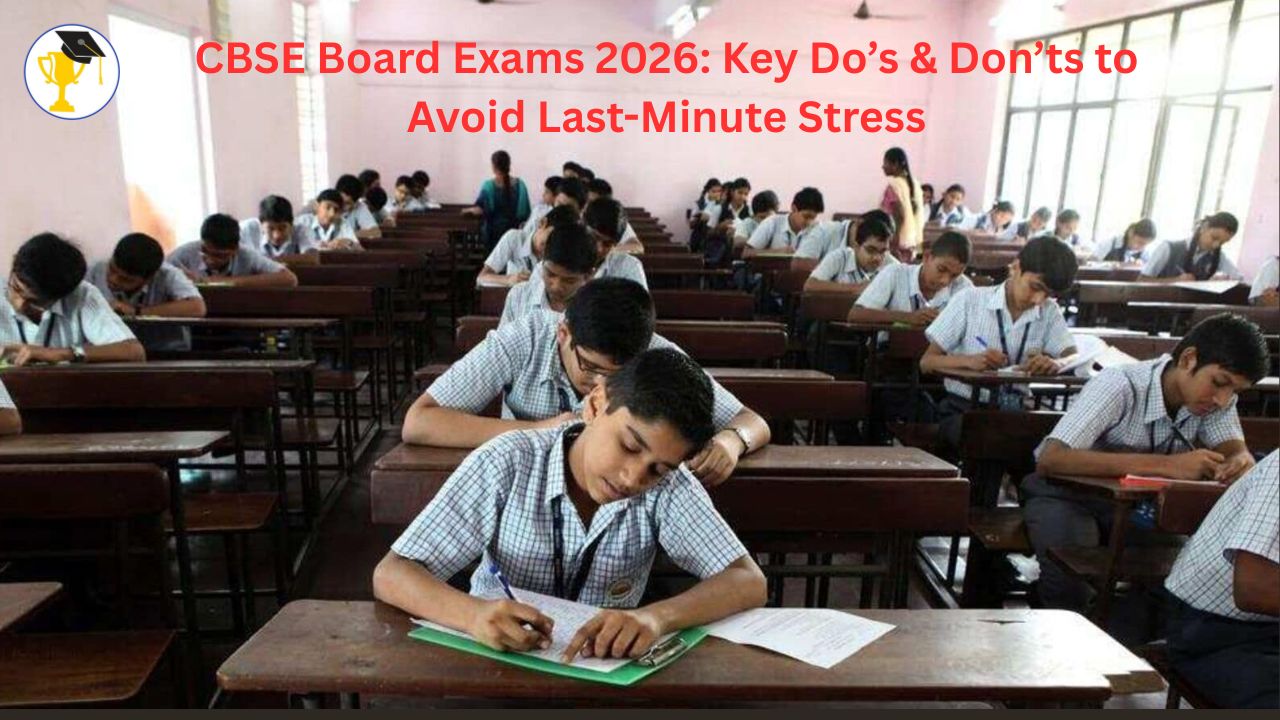IOQM (Indian Olympiad Qualifier in Mathematics) 2025: Exam Pattern, Eligibility, Syllabus, and Preparation Tips
The Indian Olympiad Qualifier in Mathematics (IOQM) is one of India’s most prestigious mathematics competitions for school students. It serves as the gateway to the Indian National Mathematical Olympiad (INMO) and ultimately the International Mathematical Olympiad (IMO).
If you love solving challenging math problems and want to represent India on a global stage, IOQM 2025 is your first step toward that dream.
This blog covers everything you need to know about the IOQM 2025 — from eligibility and syllabus to exam pattern, key dates, and preparation strategies.
What is IOQM?
The Indian Olympiad Qualifier in Mathematics (IOQM) was introduced in 2020 by merging the Pre-Regional Mathematics Olympiad (Pre-RMO) and Regional Mathematics Olympiad (RMO) stages.
The exam is jointly conducted by the Mathematical Olympiad Cell (MO Cell), Homi Bhabha Centre for Science Education (HBCSE-TIFR), and the Mathematical Teachers Association of India (MTAI) under the supervision of the National Board for Higher Mathematics (NBHM).
It is designed to identify mathematically talented students and train them to compete at the International Mathematical Olympiad (IMO).
IOQM 2025 – Key Highlights
| Particulars |
Details |
| Exam Name |
Indian Olympiad Qualifier in Mathematics (IOQM) |
| Conducting Bodies |
MTAI, HBCSE, NBHM |
| Level |
National |
| Exam Mode |
Offline (Pen and Paper) |
| Frequency |
Once a year |
| Duration |
3 hours |
| Medium |
English and regional languages |
| Eligibility |
Students from Class 8 to 12 |
| Official Website |
https://olympiads.hbcse.tifr.res.in |
Eligibility Criteria for IOQM 2025
To appear for the IOQM 2025, students must satisfy the following conditions:
-
Citizenship: Must be an Indian citizen or OCI cardholder.
-
Class: Should be studying in Class 8 to 12 during the academic year 2025–26.
-
Date of Birth: Must be born on or after August 1, 2006.
-
Educational Board: Must be enrolled in a recognized school in India.
-
Previous Qualification: Students who qualified IOQM in 2024 are automatically eligible for higher stages (as per HBCSE norms).
IOQM 2025 Exam Pattern
The IOQM exam tests conceptual understanding and mathematical creativity rather than rote learning.
| Exam Feature |
Details |
| Type of Exam |
Descriptive & Numerical |
| Duration |
3 hours |
| Total Questions |
30 (Single or multiple numerical answers) |
| Total Marks |
100 |
| Marking Scheme |
Varies by section; no negative marking |
| Medium of Exam |
English and regional languages |
Structure Overview:
IOQM 2025 Syllabus
The IOQM syllabus is not strictly bound by school boards like CBSE or ICSE. However, it mainly covers mathematical topics up to Class 10 with some advanced extensions from Classes 11 and 12.
Core Topics:
-
Algebra: Polynomials, Inequalities, Functional Equations
-
Geometry: Coordinate and Euclidean Geometry, Circles, Similarity
-
Number Theory: Divisibility, Modular Arithmetic, Congruences, Primes
-
Combinatorics: Counting Principles, Binomial Theorem, Pigeonhole Principle
-
Arithmetic & Sequences: Progressions, Series, and Mathematical Induction
Note: Calculus and advanced topics like matrices or determinants are not included in IOQM.
IOQM 2025 Important Dates (Tentative)
| Event |
Expected Date (2025) |
| Registration Begins |
June 2025 |
| Last Date to Register |
July 2025 |
| Admit Card Release |
August 2025 |
| IOQM 2025 Exam Date |
September 7, 2025 (Tentative) |
| Result Declaration |
October 2025 |
| INMO Exam |
January 2026 |
For the latest updates, visit https://olympiads.hbcse.tifr.res.in.
Selection Process
The Mathematical Olympiad Programme in India consists of six progressive stages:
-
IOQM (Indian Olympiad Qualifier in Mathematics)
-
INMO (Indian National Mathematical Olympiad)
-
IMOTC (International Mathematical Olympiad Training Camp)
-
Pre-Departure Camp
-
International Mathematical Olympiad (IMO)
Students who qualify IOQM proceed to INMO, where only the top scorers from each region are selected.
Benefits of Qualifying IOQM
-
Recognition as one of the top mathematical talents in India.
-
Opportunity to represent India at the International Mathematical Olympiad (IMO).
-
Enhances analytical and problem-solving skills.
-
Adds value to academic profiles and university applications.
-
Prepares students for competitive exams like JEE Advanced and ISI Entrance.
Preparation Tips for IOQM
-
Understand the Concepts Thoroughly: Avoid rote learning — focus on reasoning and logic.
-
Study from Recommended Books:
-
Challenge and Thrill of Pre-College Mathematics by C.R. Pranesachar
-
Problem Primer for Olympiad by Chinmay Khare
-
An Excursion in Mathematics (HBCSE Publication)
-
Solve Previous Papers: Practice IOQM and RMO past papers to understand question patterns.
-
Join Olympiad Training Programs: Enroll in math clubs or online preparatory courses.
-
Mock Tests: Regular practice under timed conditions improves accuracy and speed.
-
Analyze Mistakes: Review incorrect answers to identify weak areas.
Pro Tip: The key to success in IOQM is not speed but clarity of thought and mathematical creativity.
Conclusion
The IOQM 2025 is the perfect platform for students who are passionate about mathematics and eager to challenge themselves beyond the classroom. It not only identifies young mathematical minds but also nurtures them for global excellence.
By starting early and practicing strategically, you can pave your way to INMO, IMOTC, and finally, the International Mathematical Olympiad (IMO) — representing India at the highest level.
 STUDY MATERIALS
STUDY MATERIALS
 COURSES
COURSES
 MORE
MORE

